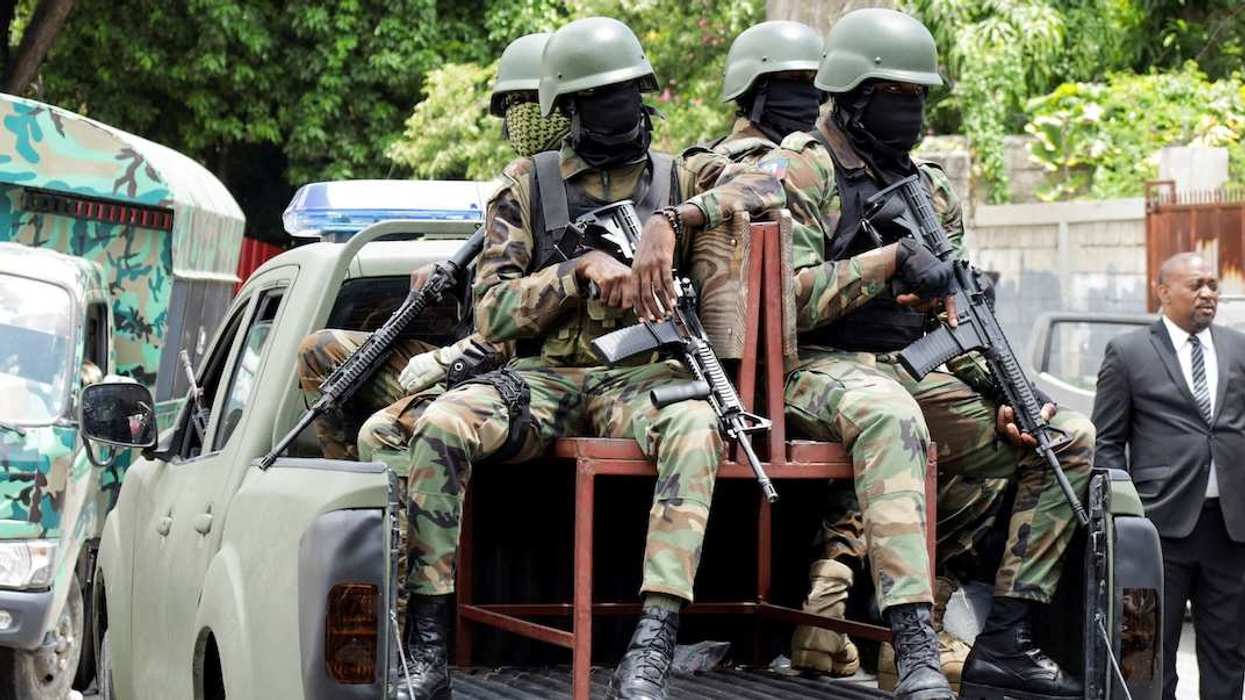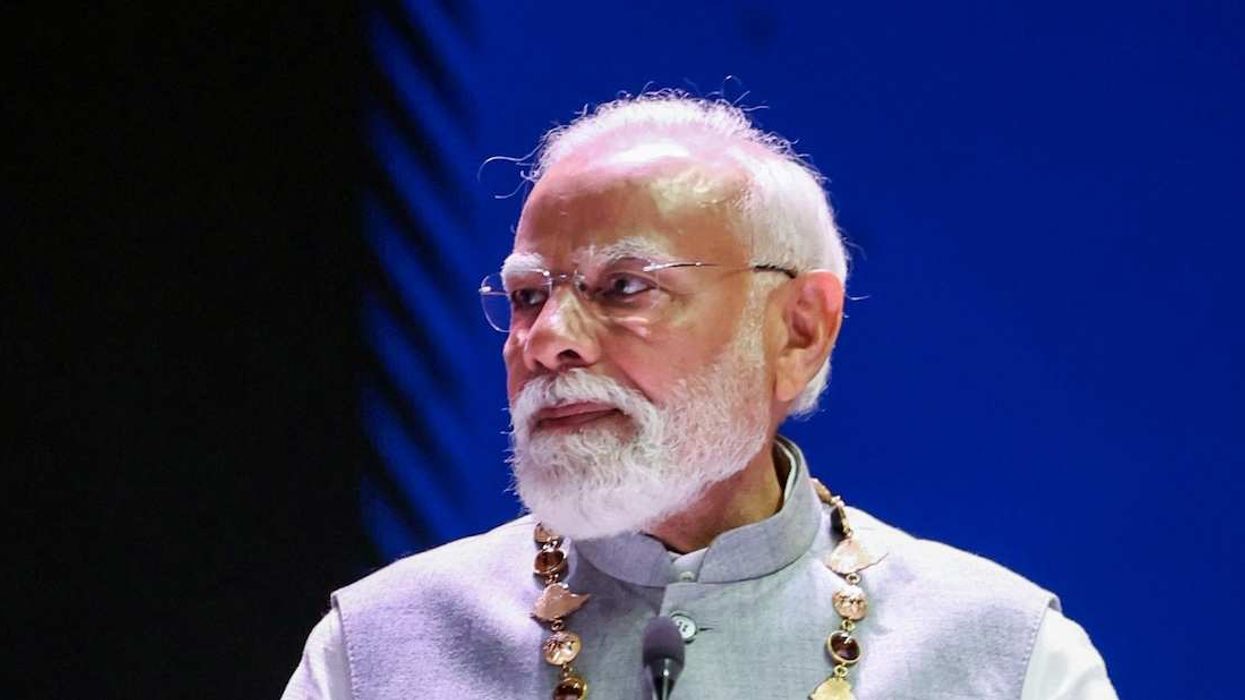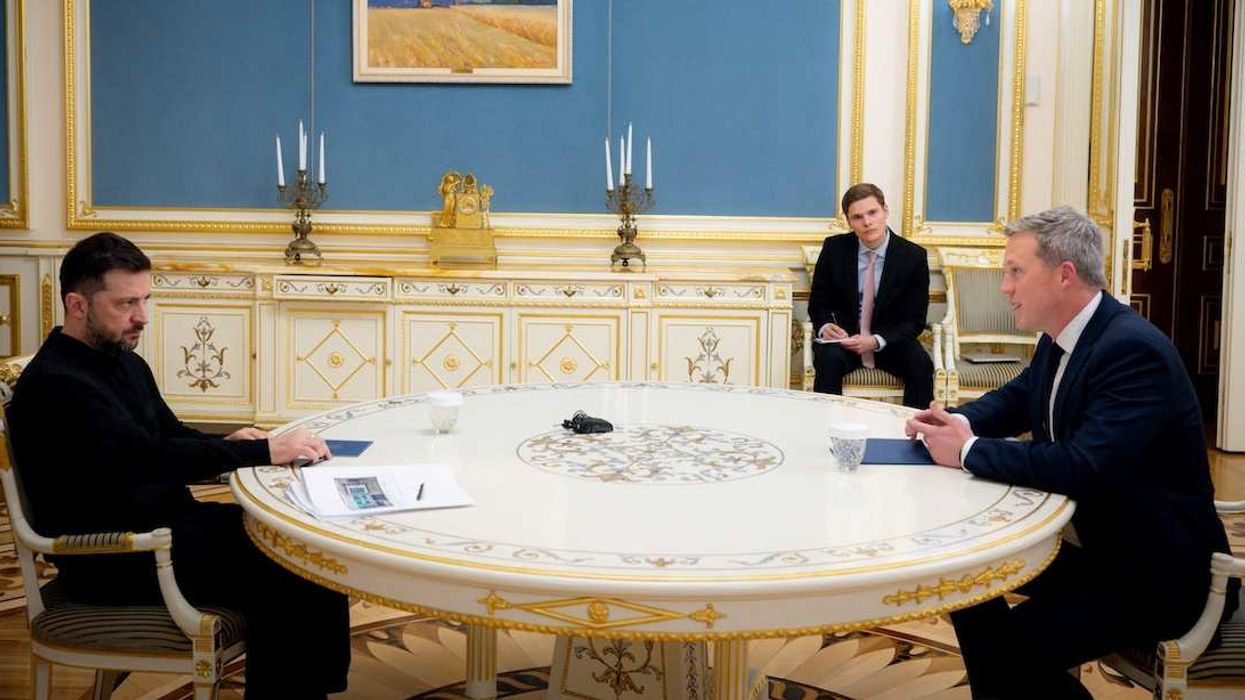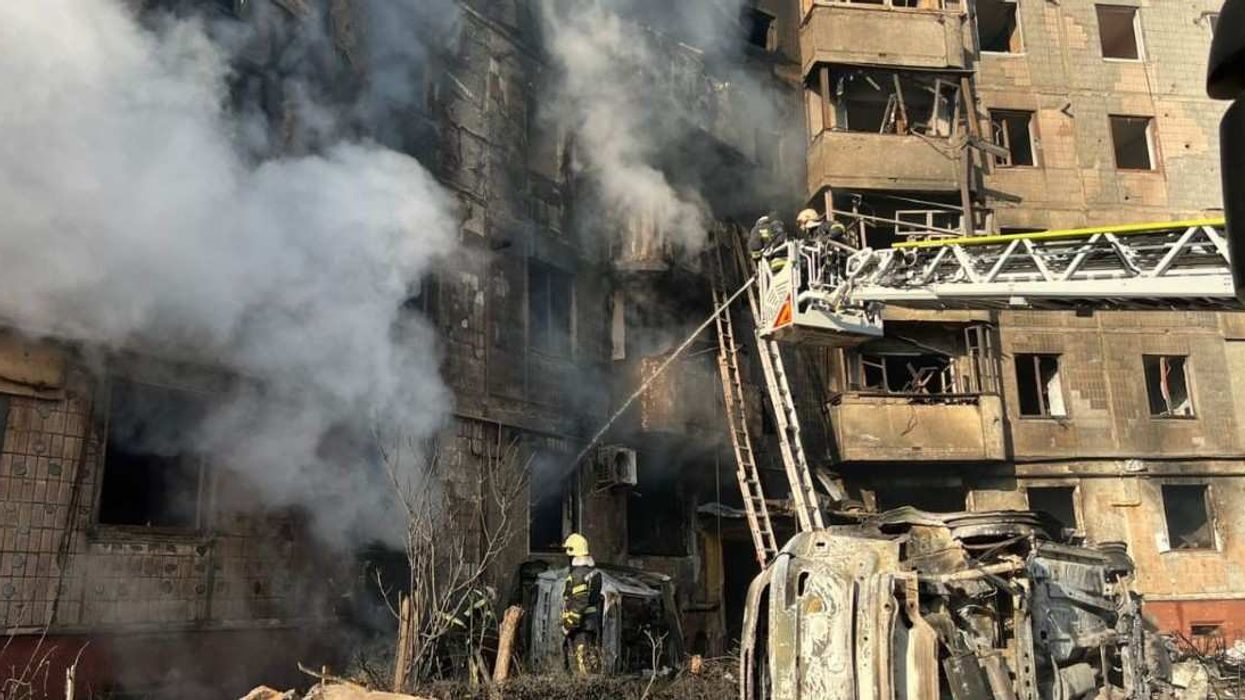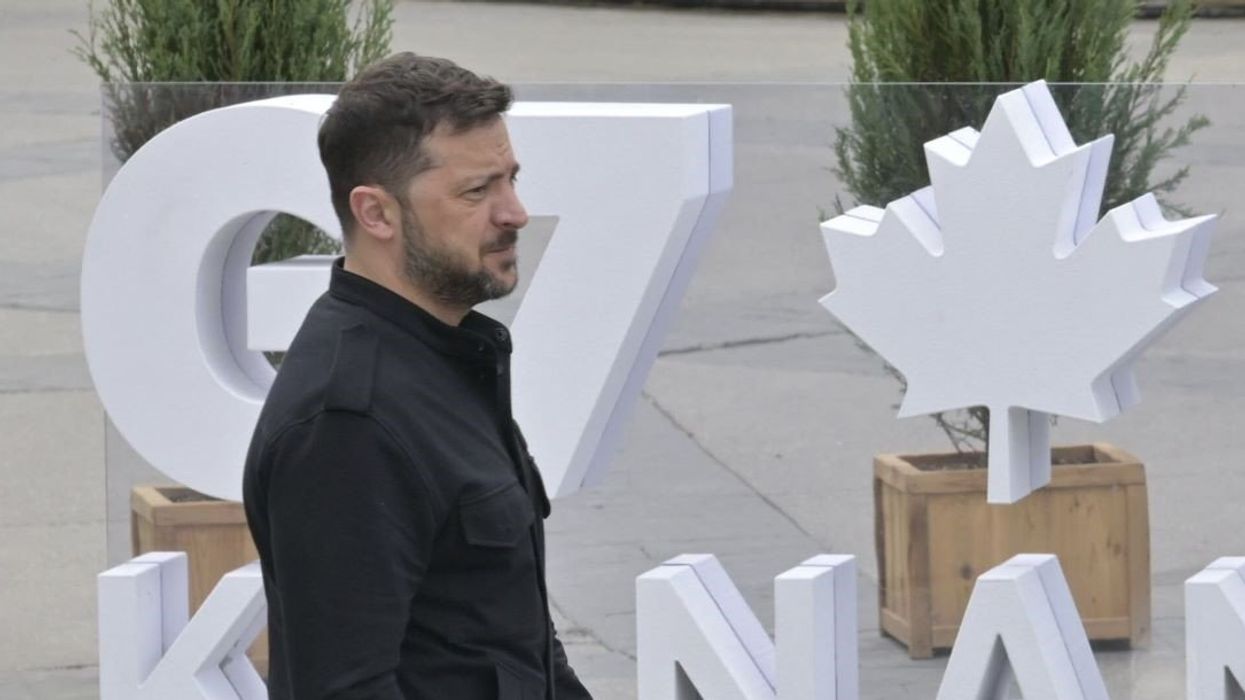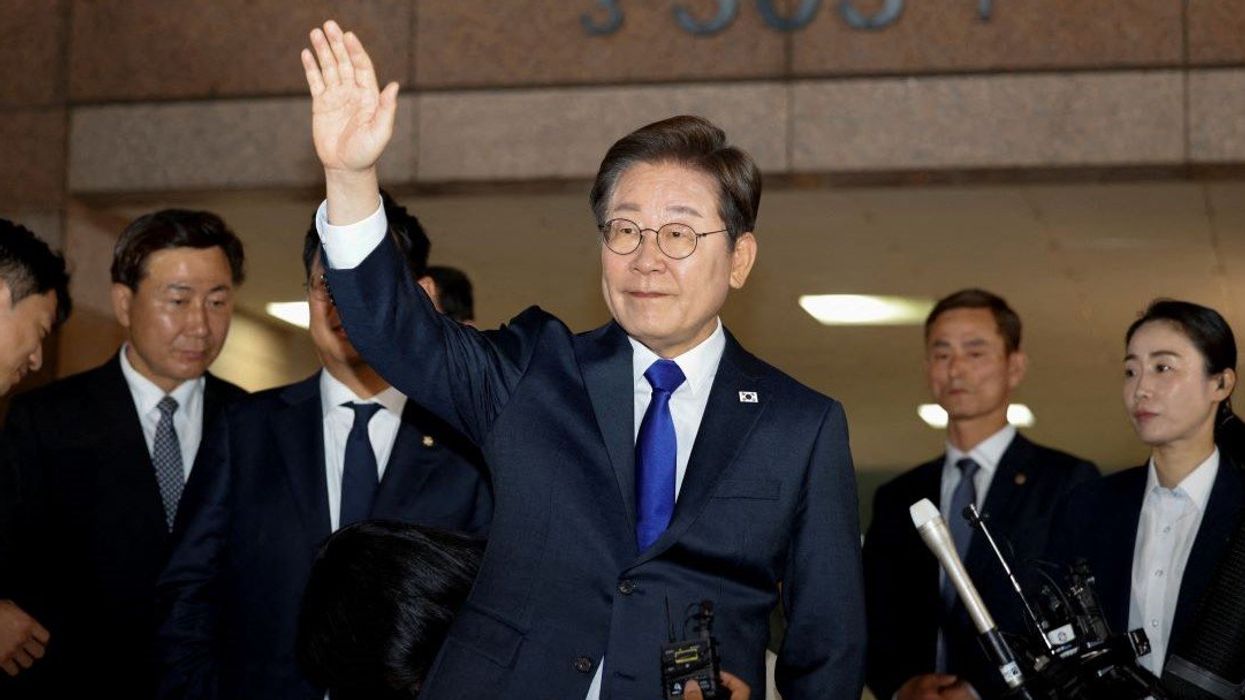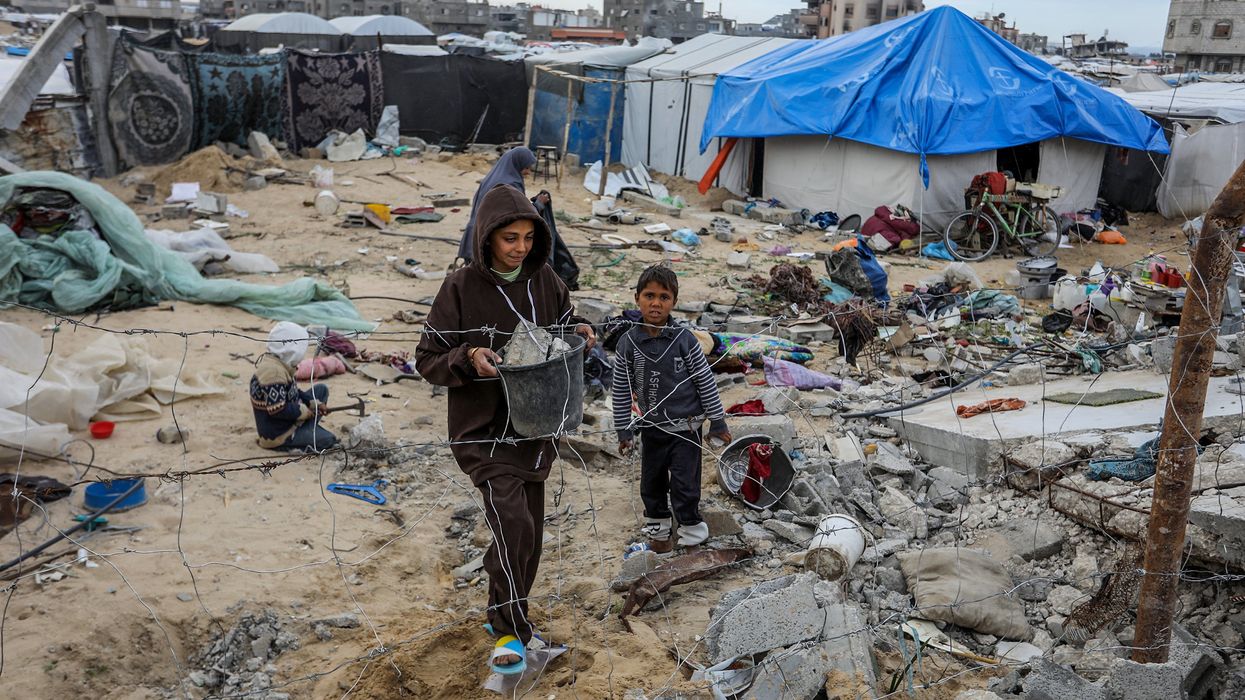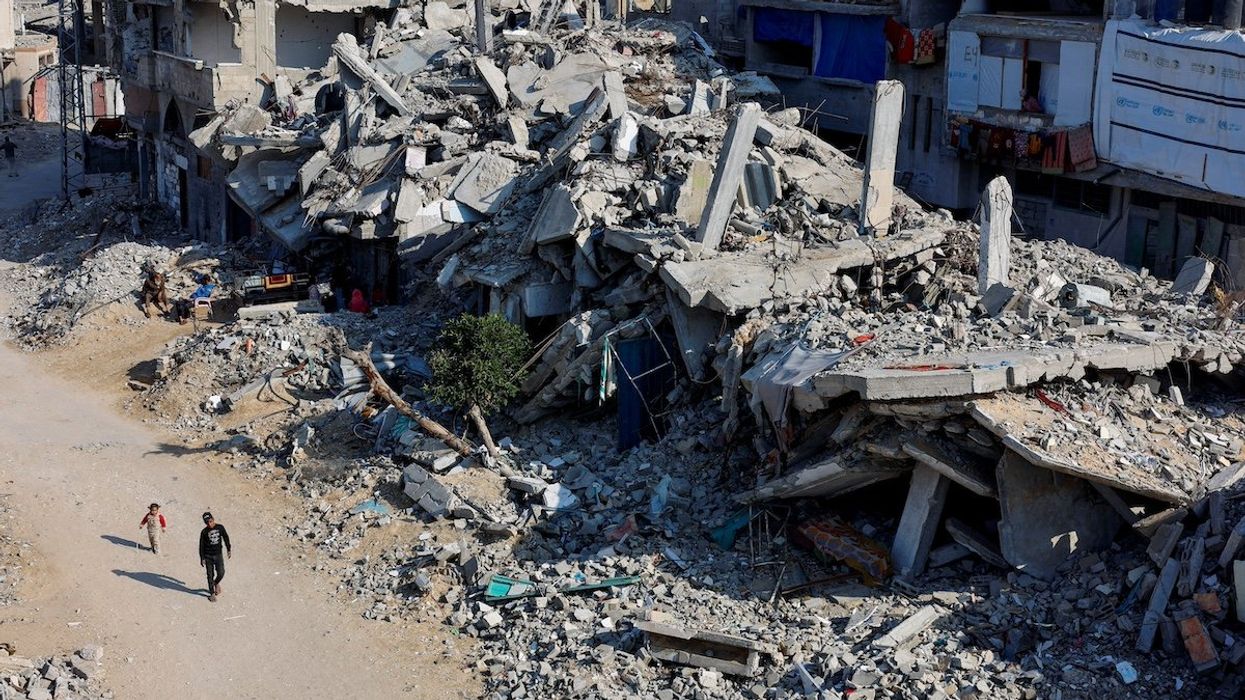What We're Watching
What We’re Watching: Haiti’s interim PM under pressure, A Russian, a Ukrainian, and an American leader walk into a peace talk, and US armada heads to Iran
On Friday, US officials warned the transitional council in charge of Haiti not to remove interim Prime Minister Alix Didier Fils-Aimé, ahead of a deadline for the council to step down on Feb. 7.
Jan 23, 2026
